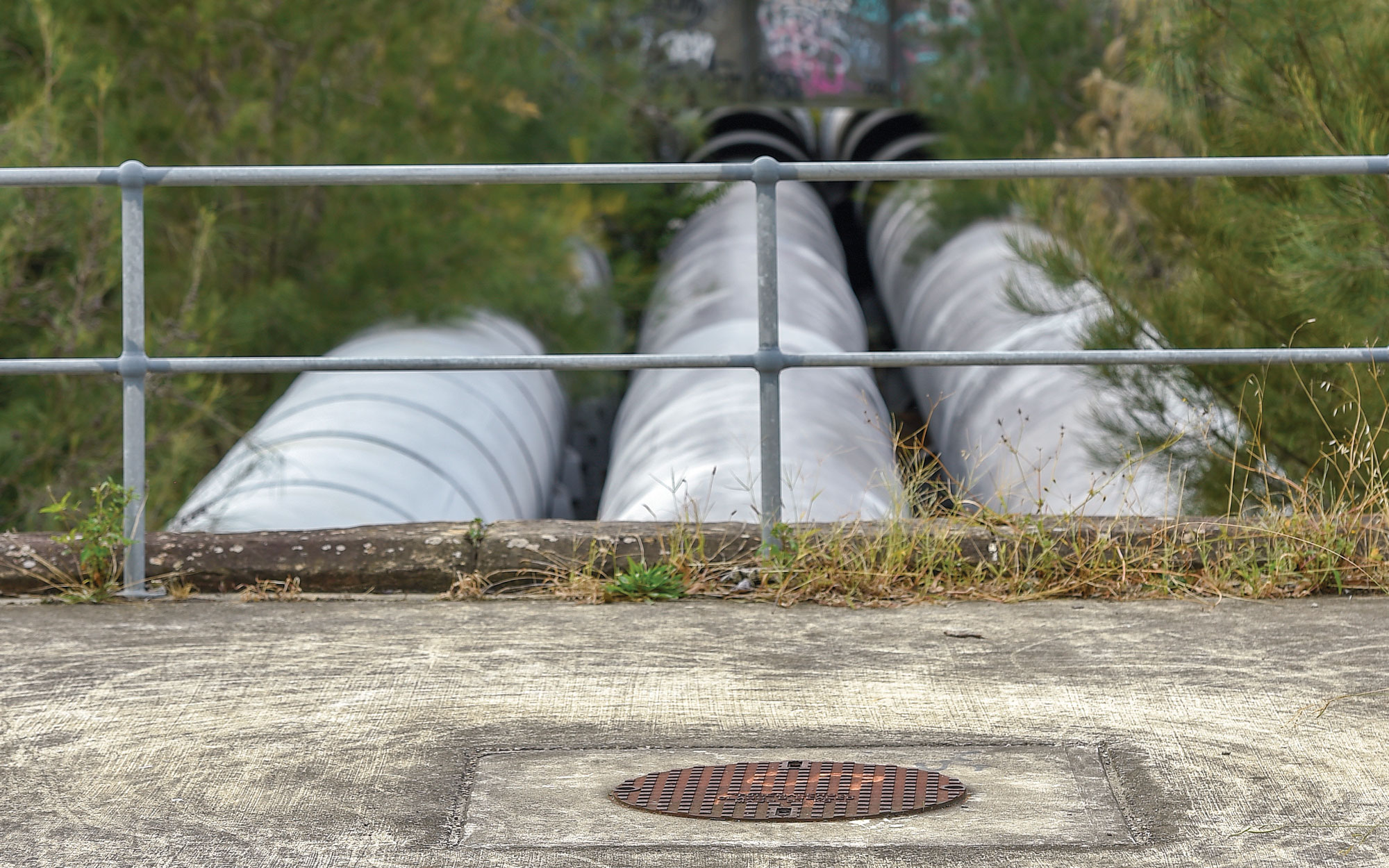Guidance on liquid trade waste for councils
The secure portal is no longer available. For support and assistance, please reach out to the trade waste team or email tradewaste.regulation@dpie.nsw.gov.au
About liquid trade waste
Liquid trade waste is any discharge to a sewerage system other than sewage of domestic nature, such as wastewater from a handwash basin, shower, bath, toilet, or domestic laundry.
Sewerage systems are designed to safely collect, transfer, and treat wastewater that is mostly of domestic origin. However, sewerage systems may also accept liquid trade waste discharges provided they are planned and controlled within acceptable limits.
Councils must implement best practice in administering, regulating, monitoring, and pricing sewerage and liquid trade waste.
Approval to discharge
Businesses or government agencies proposing to discharge liquid trade waste to a council's sewerage system must have prior approval from the council responsible for regulating sewerage and trade waste in that area.
These approvals need Department of Climate Change, Energy, the Environment and Water’s concurrence. The department has provided assumed concurrence to all councils for low-risk discharges.
The department also provides its concurrence to the council's approval of high-risk and medium-risk discharges and authorises suitably qualified councils to 'assume concurrence' for medium-risk discharges.
Liquid trade waste management guidelines
The NSW Government has issued an updated Liquid Trade Waste Management Guidelines 2021 (PDF, 15374.2 KB).
These guidelines outline the comprehensive NSW framework for the regulation of sewerage and trade waste. The guidelines are consistent with the National Wastewater Source Management Guideline, published by the Water Services Association of Australia in July 2012.
These guidelines simplify council's approval of trade waste discharges by:
- authorising councils to assume agreement for low-risk liquid trade waste
- encouraging councils with significant experience in liquid trade waste regulation to apply for authorisation to assume agreement for medium-risk liquid trade waste
- simplifying the approval process for liquid trade waste applications by government agencies.
By following the guidelines, councils can:
- meet their due diligence obligations
- comply with their sewage treatment work licences to achieve improved environmental outcomes
- protect the service life of their sewerage assets
- improve sewerage system performance, including reduced frequency of sewer chokes, odour complaints and treatment process failures
- simplify and speed up the approval process
- provide a financial incentive to business and industry for cleaner production and waste minimisation
- achieve full cost recovery to provide cost-effective non-residential sewerage and trade waste services
- limit increases in residential sewerage bills as improved sewerage system performance may free up system capacity and minimise the need for infrastructure augmentation to serve new development and population growth.
Information for plumbers
Plumbing work for liquid trade waste installations must now comply with the Plumbing Code of Australia and Australian Standard AS 3500 Part 2 Sanitary Plumbing and Drainage.
In regional NSW, local councils regulate any liquid trade waste discharge to their sewerage systems. Council's approval is required under section 68 of the Local Government Act 1993 for any discharge, other than domestic sewage, to the sewerage system.
Council’s requirements for liquid trade waste discharges into sewerage systems need to be in accordance with the Liquid Trade Waste Management Guidelines (PDF, 15374.2 KB).
These guidelines also provide important information for plumbers, including sizing and installation requirements for pre-treatment equipment. (See Appendix F, 'Overview of common methods of liquid trade waste pre-treatment'.)
Prohibited waste discharge
Plumbers should note that the Liquid Trade Waste Management Guidelines (PDF, 15374.2 KB) prohibit waste discharge from the following devices to any council sewerage system (see section 3.2.2):
- Food waste disposal units – The connection of food waste disposal units (also known as insinkerators, in-sink food waste disposers, or garbage grinders) in non-residential premises to a council's sewerage system is not permitted. Existing installations in hospitals and nursing homes may be permitted to remain connected, provided the wastewater is pre-treated by an adequately sized grease arrestor.
- Devices that macerate or pulverise waste – Macerators and any other similar devices that are used for pulverising solid waste must not be connected by trade waste dischargers to a council's sewerage system. Solid waste includes, but is not limited to, animal waste, sanitary napkins, placenta, surgical waste and disposable nappies, bedpans, and urine containers.
- Alkaline hydrolysis waste – The wastewater generated by the alkaline hydrolysis process (in other words, the breaking down of human or animal tissue by using alkaline solutions at elevated temperatures and pH) is not allowed to be discharged to the sewerage system.
- Discharge from float tanks – The discharge of water from float tanks into a council’s sewerage system is not permitted. (Float tanks are also known as floatation pods, iso-pods [isolation tank], sensory deprivation systems, or REST tanks [restricted environmental stimulation therapy tanks]). It is also not appropriate to dispose of such waste to septic tanks or on-site soak wells.
- Discharge from solid food waste processing units (digesters/composters and so on) – Discharge from a solid food waste processing unit to a council’s sewerage system is not permitted without council’s prior written approval.
Liquid trade waste advice, support, and training
Further assistance to councils is offered by:
- providing expert advice and technical support on trade waste matters
- providing training courses in the regulation of sewerage and trade waste representing regional NSW on trade waste issues at state and national forums.
